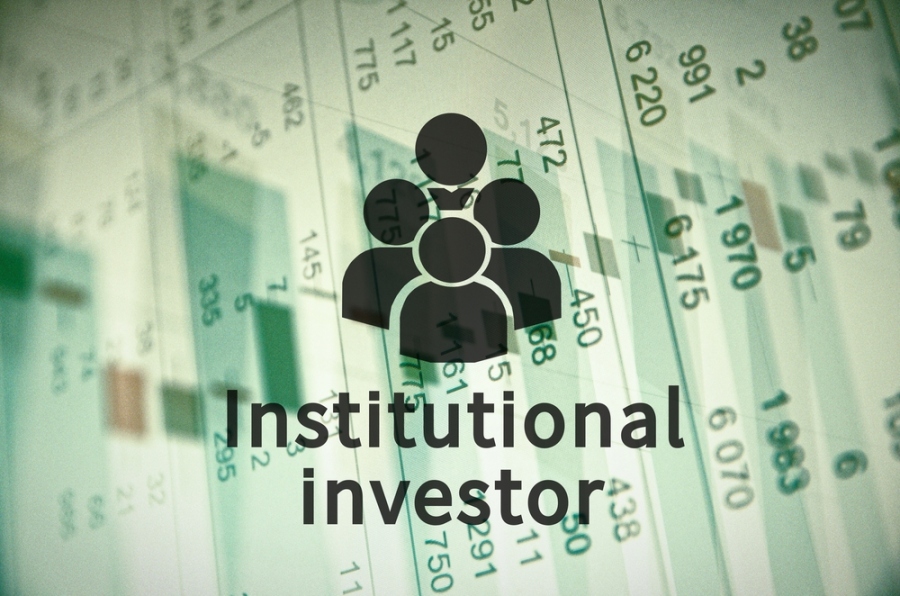The long term impact of COVID-19 on institutional investors is undoubtedly still unfolding and may do so for quite some time to come.
The fall out of the pandemic has been severe across a range of industries, not least investment banking and capital markets. Globally, we are in a state of economic volatility, facing ongoing concern about citizen health and in a state of social, geo-political flux. But what has been the impact so far on institutional investors and asset managers so far?
Did COVID-19 Course Correct for Institutional Investors?
Recent McKinsey research surveyed C-suite leaders from 21 leading global investment houses, with some cumulative $3.7 trillion AUM. Whilst in no doubt that the pandemic was a negative force to portfolios, their general consensus is that it wasn’t as devastating as they expected. Following a ten-year bull run across asset classes, suggestions that covid-19 fall out acted as an inevitable course correction of sorts cannot be discounted. As a result, and armed with the experience of the 2008 fiscal crisis, many had positioned their funds defensively, with less panic and more discipline.
Covid-19 brings ESG front and Centre for Institutional Investors
Another positive COVID-19 shift has been strategic refocus on Environmental, Social and Governance commitments, embracing diversity and inclusion too. Institutional investors surveyed across Europe indicated that considerations about social impacts as a result of the pandemic are driving decision making within their portfolio decisions. The desire to positively impact global society and our environment, mitigate risks and achieve stakeholder wants and needs is very much driving decision making on their portfolios.
It was found that some 70% of respondents said that social considerations in investments would become very or extremely important to all aspects of the investment process going forward. There are of course barriers to overcome, such as lack of unified metrics and data sharing, however the desire for long term sustainability leads front and centre.

Partnerships like the collaborative workplan between the Sustainability Accounting Standards Board (SASB) and Global Reporting Initiative (GRI) seeks to overcome confusion and promote clarity and compatibility in the sustainability landscape.
Institutional Investors Juggle Tactical and Strategic Priorities with Technology
Whilst institutional Investors managed near and short term tactical priorities and challenges, long term strategic portfolio planning must remain a priority. This means forward planning and future proofing, with a view to operational resilience and digital agility.
Indeed, that digital agility has shown itself to be one of the main positives of the pandemic. Slower to adopt digital transformation strategies than retail banking counterparts, coronavirus and its global lockdowns have forced deal-making from boardrooms and corporate environments to back bedrooms and kitchen tables, supported by digital technology adopted at pace. This appetite for blended data, people and technology may be a surprising benefit of the pandemic for Institutional Investors, as COVID-19 becomes the CEO of digital change.
Moving forward into a Post-pandemic World
It’s unlikely that any institutional investors will escape the pandemic unharmed. However, with upset coming late in the market cycle, and the expectation of a course correction, many investors were prepared for the crisis than they were for previous downturns. Those following a three pronged attack of building and maintaining stakeholder trust, reducing portfolio risk and being open to shifting possibilities will find themselves in a position of strength for the months and years ahead.
